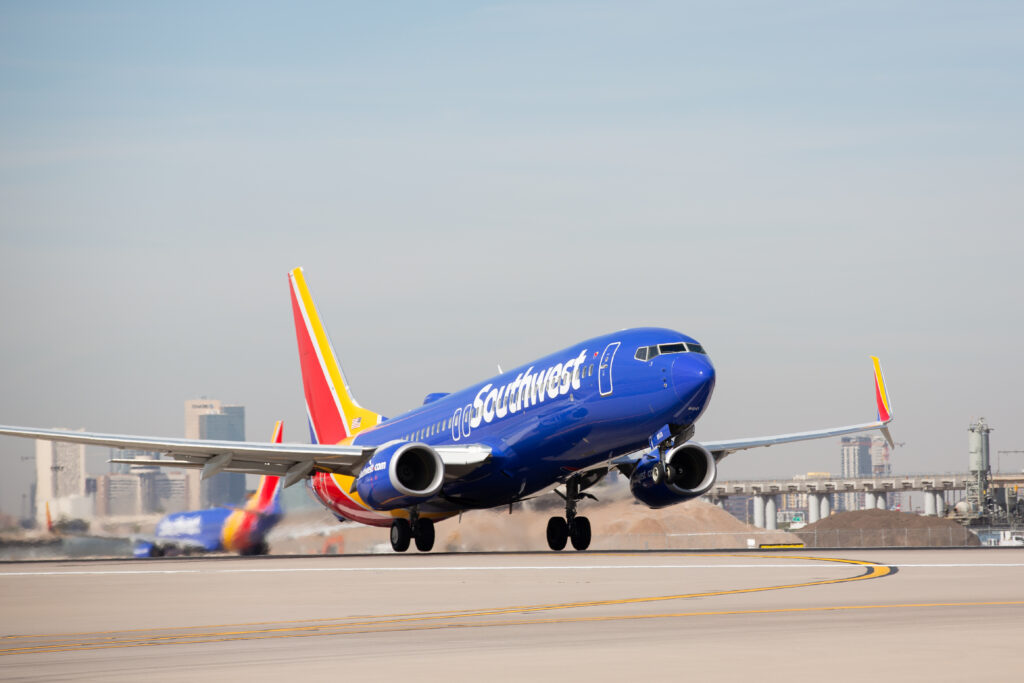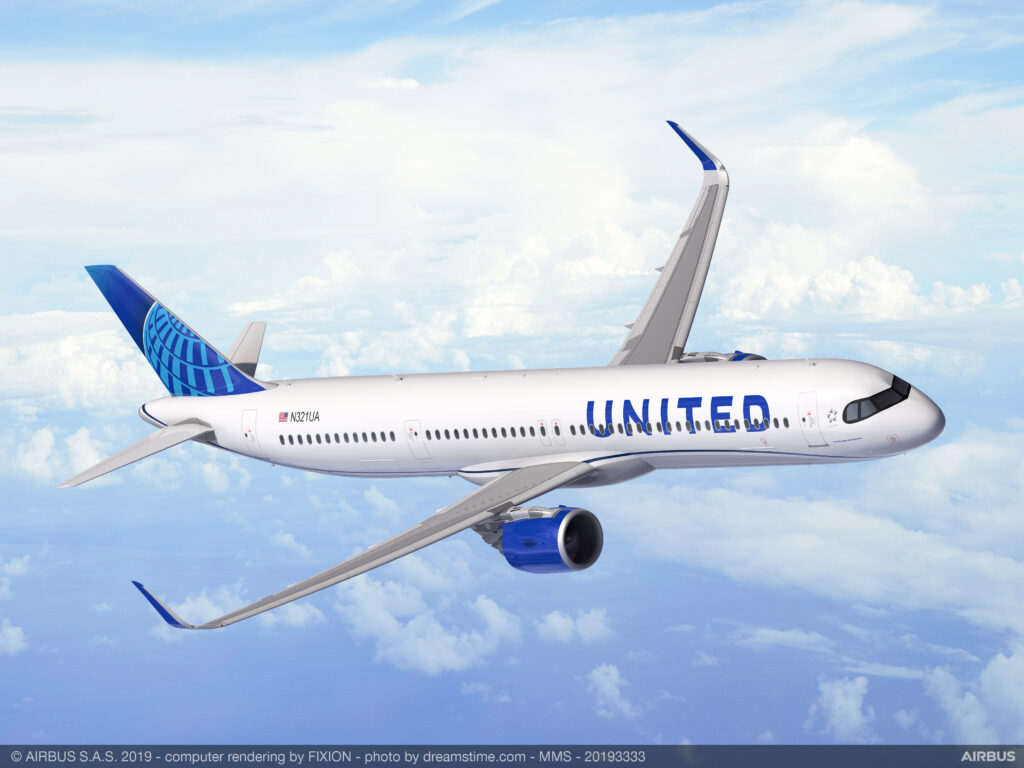CHICAGO- United Airlines (UA) has recently changed its boarding policy. While it prioritizes frequent flyers, it falls short in providing benefits to passengers who paid premium prices for aisle seats.
Southwest Airlines utilizes a polarizing boarding method, garnering affection from some while decisively displeasing others. The airline opts for a seat-free assignment system.

United Airlines New Boarding Policy
Employing diverse boarding groups. Passengers secure their groups by checking in 24 hours prior to their flights. Southwest Airlines additionally provides several options for passengers to expedite their boarding process.
For many flights, you can purchase Early-Bird check-in, a service where the airline handles your check-in ahead of other passengers. While it doesn’t guarantee an A group boarding spot, it typically secures one for you.
Southwest offers Business Select seats at a higher price, providing a coveted A 1-15 boarding position.
Should any of these 15 spots remain unsold, passengers at the airport have the option to pay for an upgrade.
Furthermore, the airline extends a perk to its top-tier Rapids Rewards loyalty members, offering them a privilege akin to Early Bird check-in as part of their status.
These members can board after the A group but before the B group, in case they don’t hold an A group boarding pass.
This distinctive system operates on a straightforward economic principle, rewarding the airline’s most loyal and high-spending customers.

Airlines Quick Boarding Process
Airlines follow strict schedules that can easily unravel in the event of flight delays. Therefore, the efficient turnaround of planes, involving the swift disembarkation and boarding of passengers, becomes crucial.
This task becomes more challenging with the increasing number of passengers bringing carry-on bags onto the plane, requiring storage in overhead bins.
When an airline allocates seats, passengers usually aim to board early to secure space for their carry-ons in the overhead bins. If these spaces fill up before passenger boards, the airline may require them to gate-check their bag.
Subsequently, these passengers must wait at the baggage carousel for their luggage, consuming time. Airlines aim to avoid this situation on the plane, where passing bags back to the front becomes cumbersome in crowded aisles.
Hence, bags may sometimes be gate-checked even before the overhead space is fully occupied.
In essence, airlines thrive on keeping their planes airborne as much as possible to maximize revenue, as they don’t generate income when the planes are on the ground.
United Airlines Punishes Passengers
In October, United Airlines implemented a new boarding system playfully referred to as Wilma, a casual acronym for window-middle-aisle. The airline has presented this change as a measure intended to assist passengers.
The issue is that this system punishes customers who have invested more in purchasing Economy Plus seats.
In the updated boarding process, preboarding passengers take the lead, succeeded by first and business-class travellers, along with Platinum and Gold loyalty program members.
The subsequent group comprises Silver loyalty members and customers who opted for priority boarding. Here’s where it gets a little tricky.
Following these three groups, passengers in window seats from both Economy and Economy Plus sections board, followed by those in middle seats, with individuals in aisle seats boarding last.
Customers shell out extra for Economy Plus seats and specific economy seats, but if they find themselves in a middle or aisle seat, their boarding time is pushed back.
This implies that customers who paid a premium for aisle seats might miss out on overhead bin space and have to gate-check their bags.
Stay tuned with us. Further, follow us on social media for the latest updates.
Join us on Telegram Group for the Latest Aviation Updates. Subsequently, follow us on Google News.

